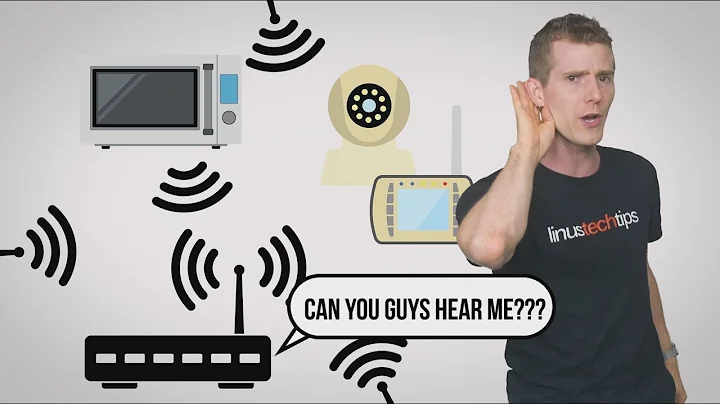Pros/cons to turning off cable modem
Solution 1
- The power used by a cable modem is, as you say, trivial.
- They are designed to remain on all the time.
- As long as you haven't enabled any remote-administration features on your modem, there is basically no security reason to turn of your modem.
There are other reasons to keep the modem on, but these would only apply if you keep your computer on too (I assume you power it off at night too, given you're concerned with the power usage of your modem!)
If you have not port-forwarded any ports to your computer, or set it as the "DMZ" (which is a bad idea), there is no security benefit from powering the modem off - aside from the fact you can't use the internet when this is so...
Current "intrusion vectors" for crapware (viruses, spyware, adware) are almost entirely based on you doing silly things, like opening executables, or clicking web-links. The number of viruses spread by the means you are concerned about (remotely exploiting vulnerable services) have dropped hugely now NAT-routers are commonplace.
Software updates tend to happen at times when the computer is idle, overnight is a good time for these to download (although these should happen regardless, unless they are really badly programmed!)
All that said, there's no technical reasons against powering your modem off at night - the only drawbacks are convenience, really.
Solution 2
Provided that you don't have your computers exposed through the DMZ or open ports of the router, and the router has it's web-administration disabled then you've already mitigated most of the risk of leaving the router + cable modem on when not in use. If your computer is infected with viruses or other ilk then it will probably do it's dirty deeds whenever it's connected to the internet--even if you're using it.
Keep in mind that OS's and software also try to keep themselves up to date, and often times the default schedule for this maintenance work is during off hours. Disconnecting the machines from the net during the night may delay receiving updates, and at the least will likely mean that you're using the machine while it's installing these updates.
My two cents is that unplugging them might save a few dollars a year (I doubt much more) but will likely not do too much to stop mal-ware from doing it's deed if your machine gets infected and will almost certainly be a hassle for you--so long story short, my vote is to leave them connected.
Solution 3
There is no benefit to leaving it on other than not having to turn it on later (which to some people is a major hassle), unless you have scheduled things to run at night.
Solution 4
Personally, I turn my cable modem off when I'm out of home, and haven't noticed any ill effects.
The power savings is not great (a typical cable modem will draw about 5W), but if you have many devices constantly drawing power (VCR, WLAN router, various chargers, printer...), then putting them onto power strip(s) and switching off when you are away can save quite a bit. Things add up...
Solution 5
This is probably too far off-topic and will be closed.
But I'd turn it off personally. Though, as long as your computer is enough 'hackers' can't get to anything, because it isn't on :)
Related videos on Youtube
Jay
Updated on September 17, 2022Comments
-
Jay over 1 year
A little off the wall perhaps, but ...
I have a cable modem and a router for a wireless home network. Is it a good or a bad idea to turn it off at night and during the day when we're all at work or school? Or should I leave it on 24/7.
I was thinking that leaving it on constantly makes me more vulnerable to hackers, not to mention wasting electricity. (Though I'd guess the amount of electricity used by a cable modem and a router is probably pretty trivial. Still, every little bit helps.)
When I have turned it off and turned it on again, it takes several minutes for it to go through its little dialog with the cable company and get me connected to the Internet again, which is annoying but not a big deal.
Anyone know any good reasons one way or the other?
-
Brian Knoblauch about 6 yearsAdd in the router and wifi and you're often in the 20-40w range, which is significant over the course of the year especially since most people will only use it 1/3 (or less) of the day...




